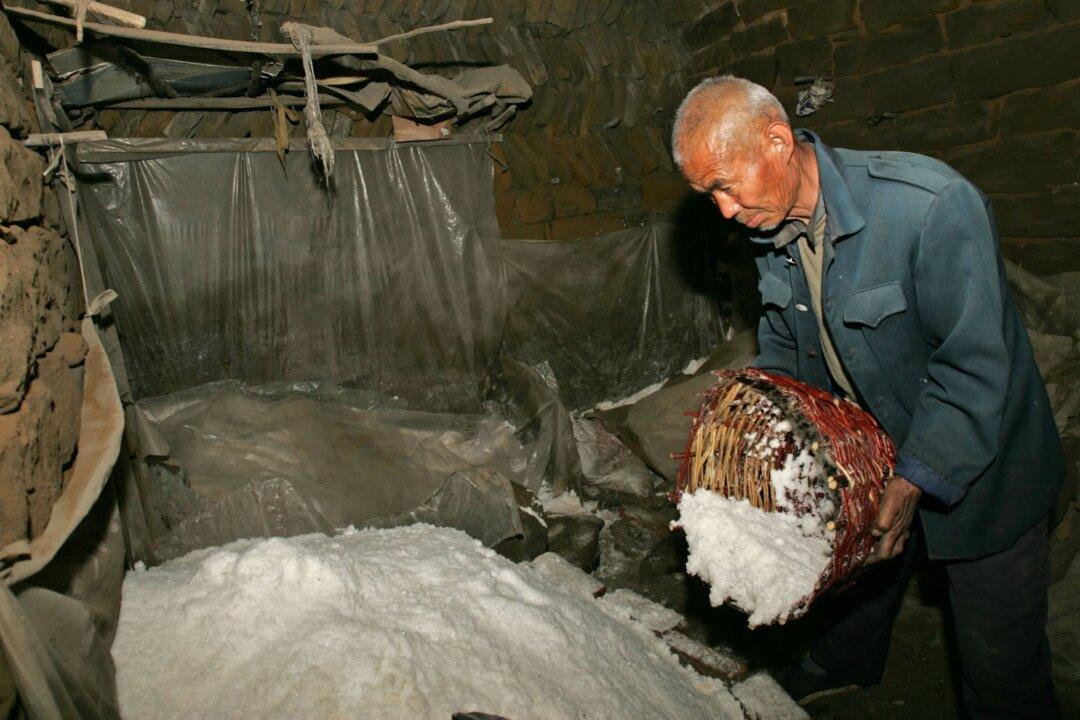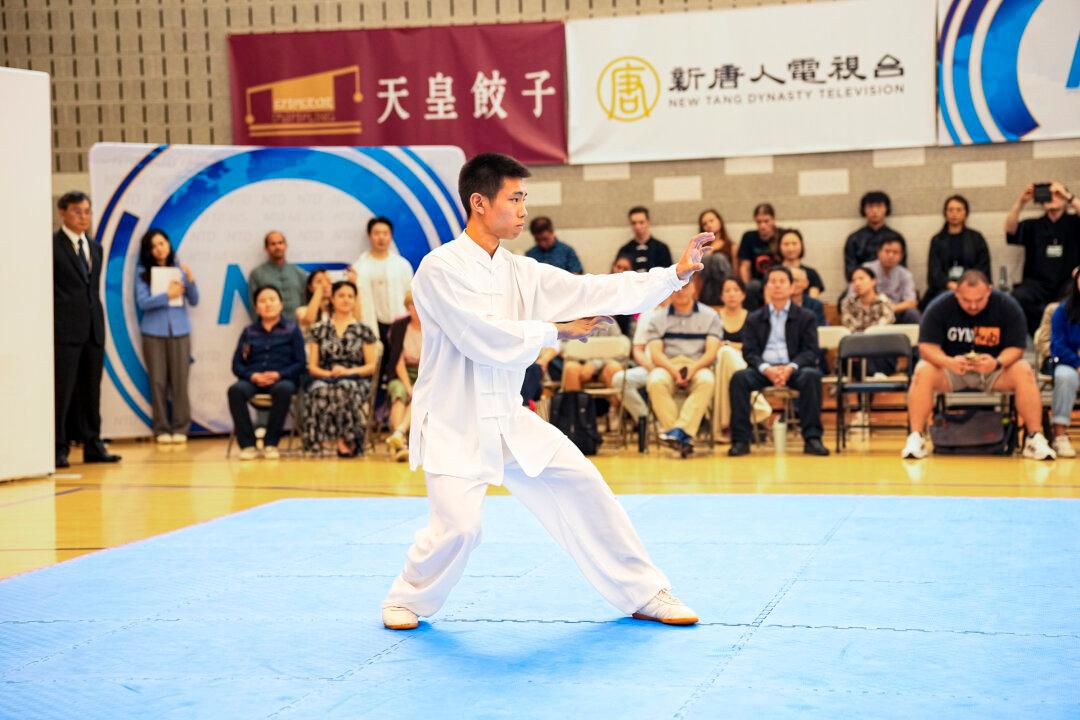China produces by far the most salt of any country on earth—about 90 million tons a year. Of this figure, 91 percent are non-edible industrial salts that contain heavy metals and other dangerous substances. But with regulations lax and for the sake of a quick buck, manufacturers nationwide are ignoring these details.
On April 26, it was reported by China National Radio that 35 tons of industrial salts had been packaged as edible salt and partially distributed to the market in Shijiazhuang, northern China, at the time discovery by police investigation.






